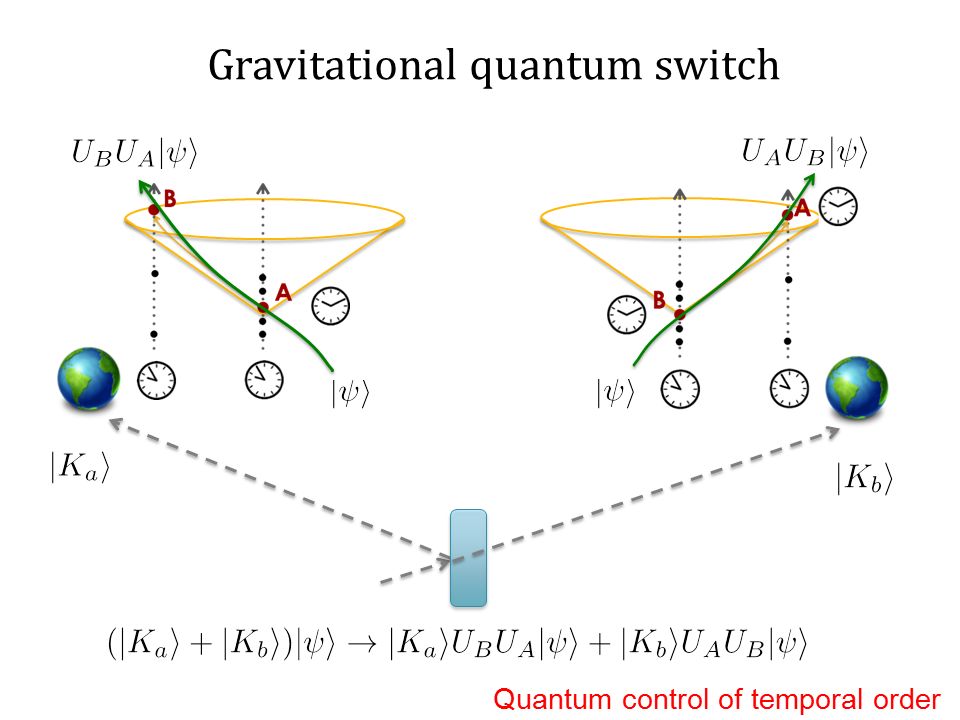2040 Ice-free Arctic? Wadhams says is bizarre

Dear Dr. Serreze: Is is true that 2017 had the lowest average ice volume in the Arctic? And is it true that the Arctic has lost over 75% of its ice volume? How do you think the Arctic won't be ice free until 2040? I live in Minnesota so I know a lake can have great "ice extent" as area whereas the volume gets very thin and then in a couple days the lake is ice free. Thanks, Drew Hempel
US Navy predicts summer ice free Arctic by 2016 | Nafeez Ahmed ...
http://www.telegraph.co.uk/


“. . we can also say with great confidence that the decline in observed ice thickness is not just an effect of measurement sampling and that the total sea ice volume has been declining over the past 32 years at astonishing rates (for instance a 75% reduction in September volume from 1979 to 2011).”
From: 'Arctic Sea Ice Volume: PIOMAS, Prediction, and the Perils of Extrapolation', Guest Commentary by Axel Schweiger, Ron Lindsay, and Cecilia Bitzin in RealClimate.org, April 11, 2012.
Serreze


Vishnu Nandan, who is the lead author of the study we were mentioning in the beginning, declared for the University of Calgary
Sadly, Nandan thinks that the seasonal sea ice might disappear completely in the summer at some point between the years 2030 and 2040,
http://nsidc.org/
Sorry for the delay. I'm not all that familiar with the arctic-news site. I know a few of the names listed
as contributors but that is about it. It's probably OK overall, but I would treat it with the appropriate grain of salt.
That they highlight "abrupt methane eruptions" - a very low probability event as far as I am aware, is cause for pause.
Sensationalism is not helpful. If you want to know about what is going on about sea ice, our site
is very solid - a new post came out yesterday (https://nsidc.org/
As to why Schmidt uses 1950 as the pre-industrial baseline, are you sure about this? Looking the the GISS website (https://data.giss.nasa.gov/
Passive microwave retrievals retrievals have a number of sources of error, and salt in the snow is one of them. Ho important? I don't know so I am copying our pssive microwave expert, Walt Meier.
Cheers
Mark C. Serreze

Walt Meier, Senior Research Scientist
National Snow and Ice Data CenterCIRES/University of Colorado, UCB 449
Boulder, CO 80309
Tel: +1-303-735-6276
Email: walt@nsidc.org
"If we knew what we were doing, it would not be
called research, would it?" - Albert Einstein
------------------------------

This is what we call the turning point. To me, I cannot take the responsibility in saying there is a right point between the linear and exponential yet, but following the logic of our investigation and all the evidence that we accumulated so far, it makes me think that we are very near this point. And in this particular point, each year matters.
As gas within the sedimentary basins of the ESAS have been accumulating for a million years with no way to be released earlier, the supply for currently occurring emissions is tremendous. Because the shelf area is very shallow (mean depth is less than 50 metres), a fraction of these emissions will reach the atmosphere. The problem is that this fraction would be enough to alter the climate on our planet drastically.


No comments:
Post a Comment